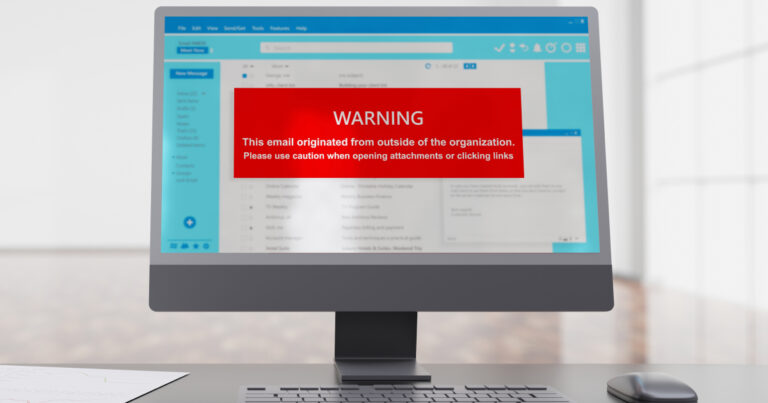The cloud and cloud computing refer to the process of storing computer files and programs on external servers rather than locally on a device’s hard drive and then remotely accessing the files and programs via an internet connection. In this sense, “the cloud” serves as a metaphor for the global network of computer servers that actually houses the files and programs, making them easily accessible from remote distances. And when paired with gigabit home internet speeds, the files can be shared seamlessly without any wait time.
What Is the Purpose of the Cloud?
The overall purpose of the cloud is to provide easy access to files and programs from anywhere while backing up that data off-site to ensure its security. The cloud is designed so users can access files and programs from wherever an internet-connected device is available. It also provides added security through files that exist as copies on multiple servers, dispersed geographically. This means if a computer is stolen or destroyed in a house fire, all files stored on the cloud can be easily accessed.
What Are the Advantages of the Cloud?
The three main advantages of the cloud for residential consumers are space savings, accessibility and security.
Space Savings
Because its remote servers can be accessed anywhere over the internet, the cloud is a great solution for home computer users who are running low on local (hard-drive) storage space. Home users can move some or all of their files to the cloud to free up drive space, and as long as they are connected to the internet, users can retrieve them as needed.
Cloud storage services like Google Drive, Dropbox and Microsoft OneDrive allow users to upload files to the cloud and access them from any device with an internet connection. These services also offer various features, including the ability to share files with others, collaborate on documents in real time and set permissions for who can access files.
Accessibility
Files stored on the cloud are available to users from anywhere they have an internet or cellular connection, on any connected device. Users need not worry about being unable to show friends and relatives that great photo of the kids because it is stored on a different device at home. When it is stored on the cloud, it can be accessed and viewed from anywhere. With a fast internet connection, the users can pull files from the cloud and share them as if they were stored locally on their device.
Security
When a user uploads a file to the cloud, copies are made and dispersed across multiple servers, ensuring the file is accessible even if it is lost on the user’s home devices. Whether a flood destroys home devices or thieves steal a phone, all files backed up to the cloud can be easily retrieved.
Cloud service providers also employ security measures to protect their customers’ data, including encryption, firewalls and multi-factor authentication. These security features are designed to prevent unauthorized access to data, protect against malware and other cyber threats and ensure data privacy.
What kinds of services use the cloud?
Many everyday consumers are already using the cloud, but they might not be aware of it. Among the most popular and widely used digital services that employ cloud technology are the following examples:
- File hosting and storage: File hosting, storage and synchronization services like Google Drive, Apple iCloud and Dropbox allow users to store their documents, photos, music and a range of other files on remote servers. They can then access them locally via their connected devices and virtually share them with other users when desired.
- Social media: Social media platforms such as Facebook and Instagram use cloud computing to let users upload photos, videos and music files to remote servers to share with social media connections.
- Email: Email services like Gmail and Yahoo Mail use the cloud to store email messages and their attachments on remote servers, allowing account holders to view and download past email correspondence and attached files via the web and the services’ associated apps.
- Video streaming: Video-streaming services such as Netflix and Hulu allow subscribers to access remotely stored movies and television shows via the cloud for viewing on their local devices.
- Music streaming: Music-streaming services such as Spotify and Apple Music give users access to vast libraries of music files that are stored on remote servers and can be played on local devices via the internet or a cellular connection.
To use the cloud effectively, consumers need a fast and reliable internet or cellular connection, like the ones provided in our area by FTC Internet and FTC Wireless. To learn more about FTC’s rates and packages, visit ftc.net or call 888-218-5050.




